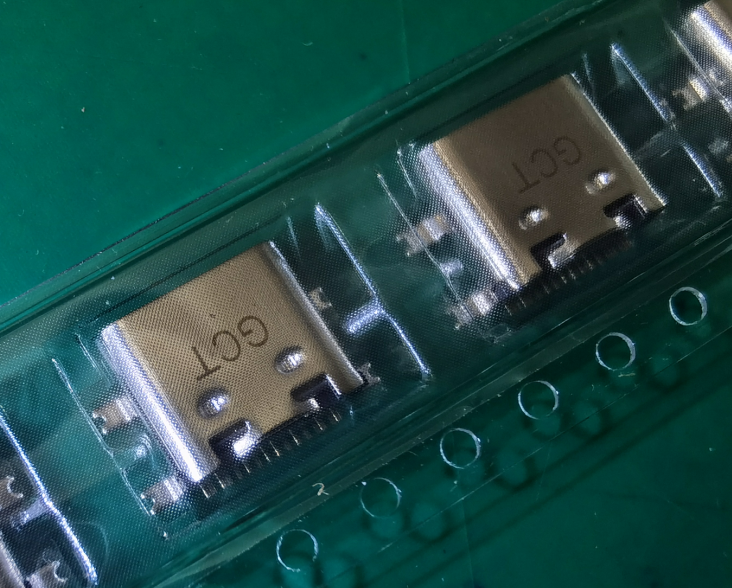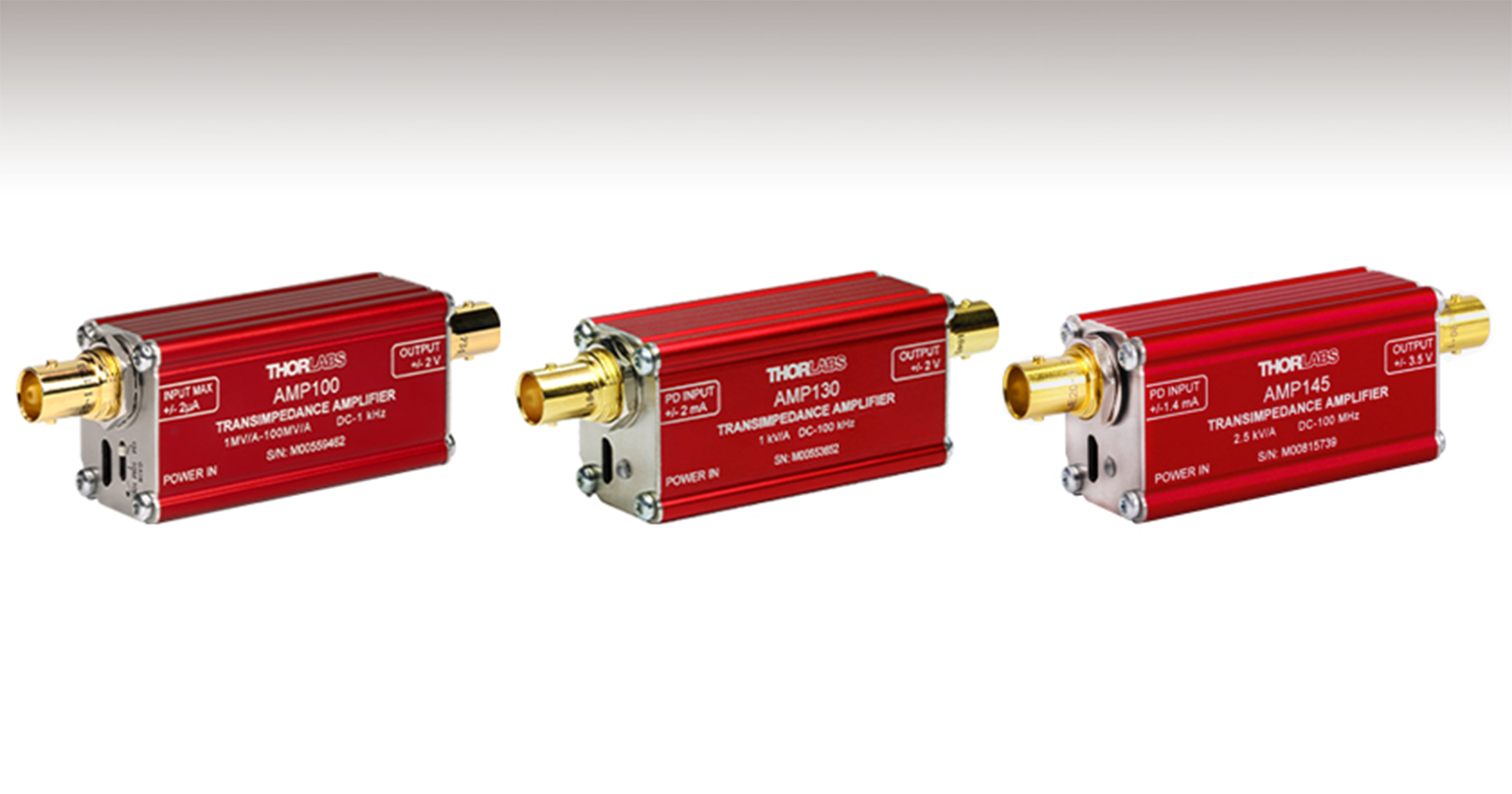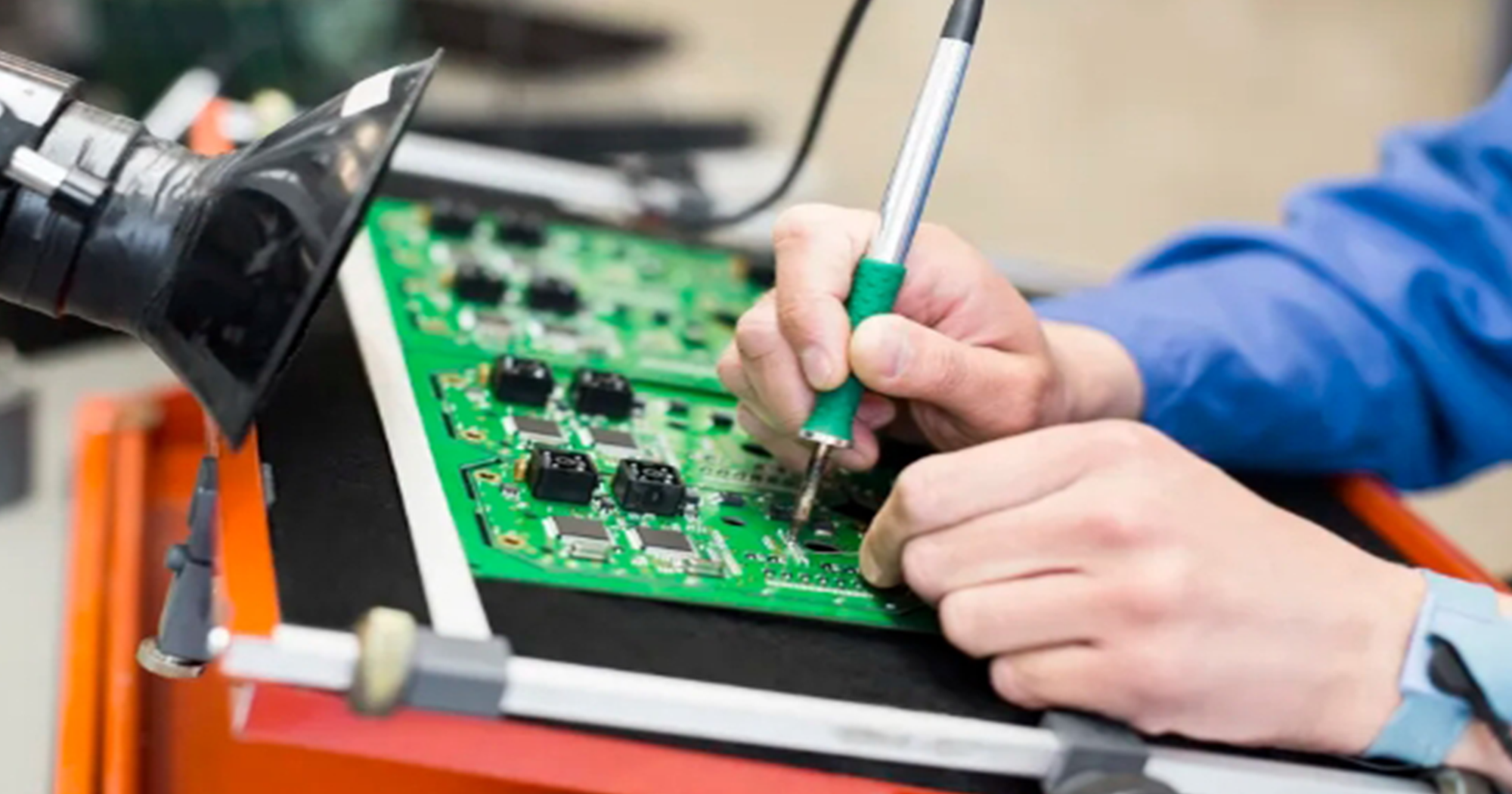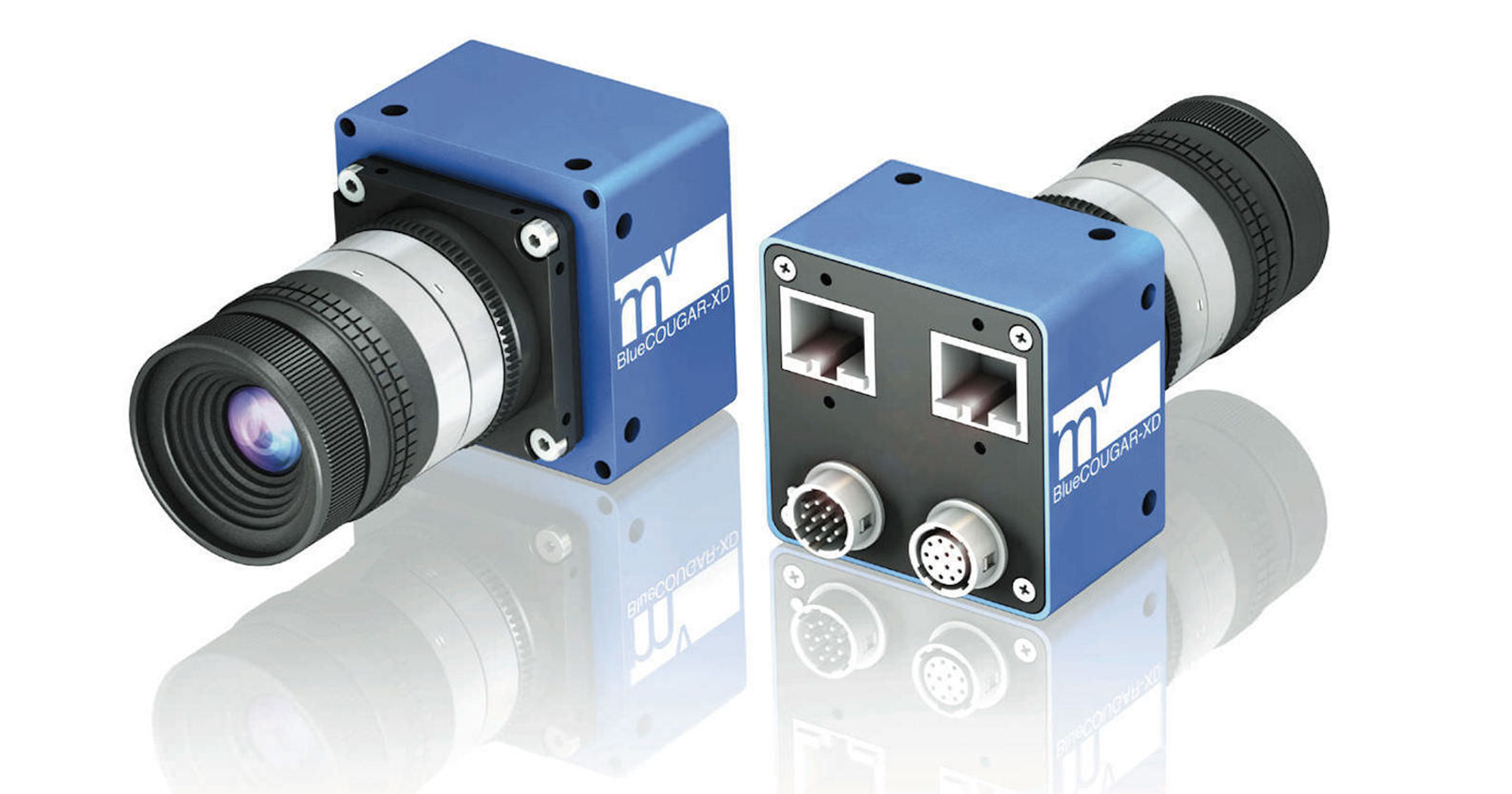Insights into Rotary Switches Applications
Rotary switches are pivotal components in electronic devices, providing a versatile means of selecting between multiple circuits or functions. In this article, we delve into various models of rotary switches, their applications, and critical specifications, offering insights valuable to procurement professionals, engineers, and other stakeholders in the electronic components sector.
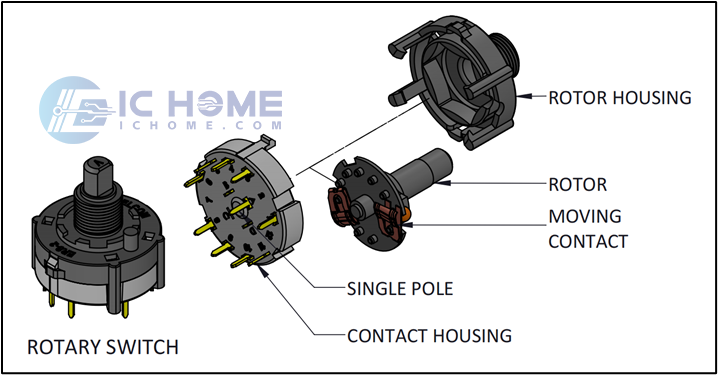
Types of Rotary Switches
Rotary switches come in various configurations, each designed to meet specific operational needs. Some common types include:
Single Pole Rotary Switches: These switches control a single circuit, making them suitable for basic applications where only one path needs to be selected.
Multi-Pole Rotary Switches: Featuring multiple contacts, these switches can manage several circuits simultaneously, ideal for complex devices requiring multiple functionalities.
Detent vs. Non-Detent Switches: Detent switches provide tactile feedback, ensuring users can feel each position as they turn the knob, while non-detent types allow for smooth, continuous rotation without stopping points.
Snap-Action vs. Rotary: Snap-action switches engage and disengage quickly, offering reliability in applications needing fast response times. Rotary switches, on the other hand, provide a more gradual changeover, suitable for devices that benefit from slower transitions.
Key Manufacturers and Their Products
Several manufacturers are notable for producing high-quality rotary switches. Some of the leading brands include:
Grayhill: Known for its robust rotary switches, Grayhill offers models that can handle high voltage and current, making them suitable for industrial applications.
NKK Switches: This manufacturer specializes in customizable rotary switches, allowing users to select features like shaft length and number of positions, tailored to specific needs.
C&K Connect: C&K provides a range of rotary switches designed for various applications, including automotive and consumer electronics, focusing on durability and ease of integration.
Applications Across Industries
Rotary switches find applications in diverse fields, including:
Consumer Electronics: In devices like radios and televisions, rotary switches allow users to select channels or settings effortlessly.
Automotive Industry: Used in dashboards and control panels, rotary switches enable drivers to adjust settings such as climate control and audio systems.
Industrial Equipment: In machinery, rotary switches facilitate operational control, allowing operators to switch between different modes or configurations seamlessly.
Medical Devices: In critical medical applications, reliable rotary switches are essential for selecting modes on equipment like MRI machines and patient monitoring systems.
Packaging and Case Considerations
When selecting rotary switches, packaging and case design are crucial aspects. Most rotary switches are housed in durable materials to withstand environmental factors such as moisture, dust, and temperature variations. Common materials include:
Polycarbonate: Offers excellent impact resistance and transparency, allowing for visual indicators.
Metal Housing: Provides enhanced durability and is often used in heavy-duty applications, ensuring long-term reliability.
Additionally, packaging must be considered for the switch’s intended application. For example, switches used in consumer products may require more compact designs, while industrial applications might prioritize robustness over size.
Conclusion
Rotary switches play an indispensable role in the functionality of various electronic devices, with multiple models and applications tailored to meet diverse industry needs. By understanding the types of rotary switches available, the key manufacturers leading the market, and their applications across various sectors, procurement professionals and engineers can make informed decisions that enhance product performance.
For more information or to request a quote, please feel free to send us an RFQ.
Here are some related Rotary Switches products:

